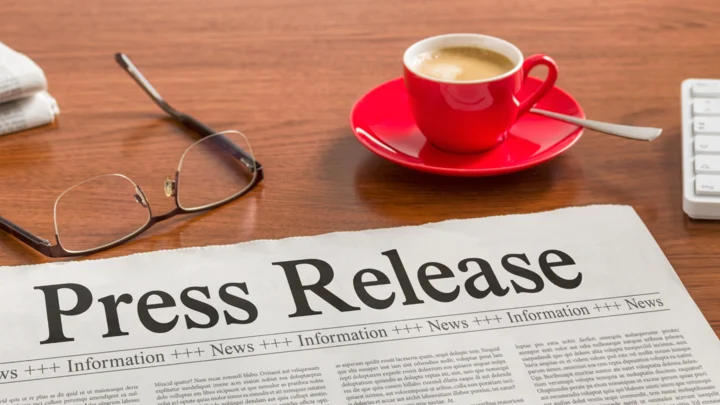A recent article from Clean Recovery Centers in Largo, Florida, explores the connection between bipolar disorder and alcohol use. This local rehab facility specializes in treating both mental health issues and substance use disorders simultaneously.
Research shows that alcohol use is frequently associated with bipolar disorder, with studies indicating that approximately 45% of individuals diagnosed with bipolar I or II also struggle with alcohol use disorder. The combination of these two conditions can exacerbate mood instability and negatively impact work performance.
Bipolar disorder is characterized by alternating episodes of mania and depression, which can last from days to weeks. Although some mood shifts may be triggered by external factors, many episodes occur unexpectedly. Alcohol, a central nervous system depressant, can worsen these mood swings. Initially, alcohol may induce feelings of euphoria or relaxation; however, prolonged consumption can lead to irritability and emotional instability. This cycle can significantly affect individuals with bipolar disorder.
The article highlights that rather than mood fluctuations from bipolar disorder prompting individuals to drink, it is often alcohol consumption that amplifies mood and behavioral symptoms. As alcohol use continues, individuals may experience heightened anxiety and depressive symptoms, making it a counterproductive coping mechanism.
For those with bipolar disorder, alcohol can deepen depressive episodes and fuel reckless behavior during manic phases. This often results in social and emotional consequences. Self-medicating with alcohol increases the likelihood of developing an alcohol use disorder, as the body becomes accustomed to its effects, leading to tolerance and, eventually, physical dependence. Withdrawal symptoms, cravings, and mood swings are common indicators of an alcohol use disorder.
Managing bipolar disorder typically involves using a combination of medications such as mood stabilizers, antipsychotics, and antidepressants. However, combining these medications with alcohol poses risks, including heightened side effects. Sedative medications, often prescribed for manic episodes, can lead to increased sedation when taken with alcohol, potentially causing dangerous breathing complications.
Clean Recovery Centers emphasizes the importance of consulting healthcare professionals regarding the risks associated with mixing alcohol and mental health medications. Their treatment team is equipped to address both mental health conditions and substance use disorders, offering a flexible program for individuals seeking help.
For more information about Clean Recovery Centers and their services, individuals can call (888) 330-2532 or visit their website.



